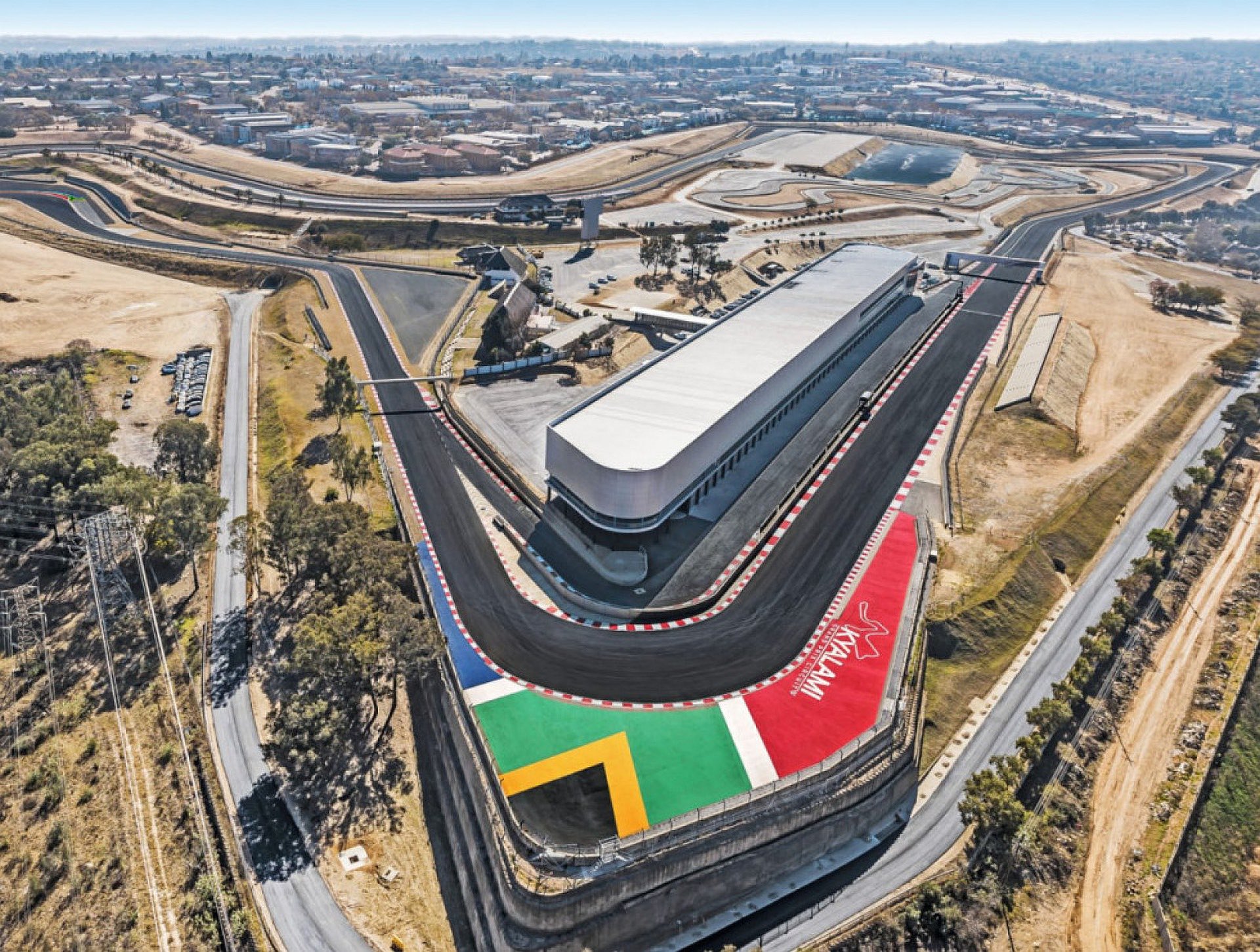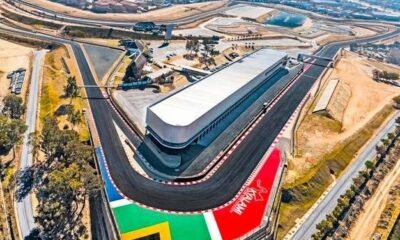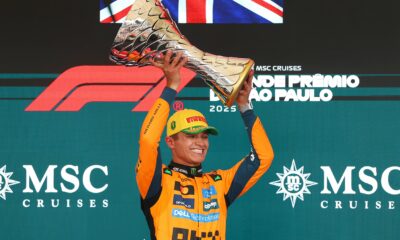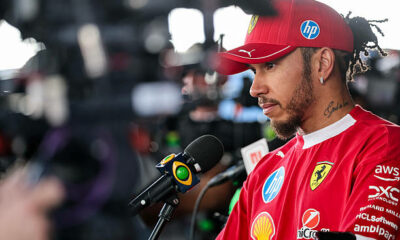Business
Kyalami 2027: Why South Africa’s F1 Comeback Could Put Youth in Pole Position

When South Africa’s Cabinet approved the country’s bid to host a Formula 1 Grand Prix at Kyalami from 2027, it was more than a nod to nostalgia. Yes, the circuit has hosted legends like Jody Scheckter, Niki Lauda, and Alain Prost. Yes, petrolheads still get goosebumps at the thought of a Ferrari or Mercedes roaring down the straight.
But this decision is about more than engines and lap times, it’s about opportunity. If managed well, Kyalami 2027 could become a youth development engine, one that fuels skills, jobs, and hope far beyond the track.
Back on the Global Grid
For decades, fans have dreamt of F1’s return to South Africa. The last Grand Prix at Kyalami was in 1993, before the track faded from the global spotlight. Now, with FIA-approved upgrades and a three-year deal fully funded by the private sector, Kyalami is back in the conversation.
The numbers are staggering. The event is expected to cost around R2 billion a year (covered by private sponsors like MTN, Heineken, and MultiChoice), while injecting R1 billion annually into the economy through tourism, hospitality, and media exposure. But perhaps the bigger question is: what will this mean for young South Africans?
More Than a Race: Building Futures
1. Lewis Hamilton’s Vision
Lewis Hamilton has long championed an African Grand Prix. But for him, it’s never just been about racing. Through the Hamilton Commission and his Mission 44 Foundation, he has pushed for diversity in motorsportopening doors for young people in STEM, engineering, and management.
As Hamilton once said: “The time’s 100% right… Why are we not on that continent?” Bringing F1 to Kyalami aligns with that vision, offering scholarships, apprenticeships, and mentorships that could reach township youth who might never have imagined a career in motorsport.
2. F1’s “We Race As One” Promise
Formula 1 itself has pledged to drive diversity through its We Race As One programme, launched in 2020. Hosting the race here means South African youthespecially women and underrepresented communitiescould access global training pipelines, from engineering to race operations.
3. Skills Transfer at Scale
Building and running an F1 event takes thousands of people. Mechanics, engineers, hospitality staff, logistics teams, media professionalseach role is a chance to transfer skills to local youth. Imagine a TVET college in Gauteng offering a motorsport engineering course, or local SMMEs providing services directly to F1 teams.
4. Representation That Inspires
For many South Africans, F1 has always felt like a distant spectacle. But seeing locals involved, as marshals, technicians, or even commentatorscould change that perception. For a teenager in Soweto or Umlazi, Kyalami 2027 could be the moment they realise that motorsport isn’t out of reach.
Social Reaction: Hype and Skepticism
On social media, the excitement is electric. Motorsport fans are already booking out guesthouses in Midrand, dreaming of standing trackside as the lights go out. But others are cautious: will this just be another “event for the elite” that leaves ordinary South Africans behind?
That skepticism is valid. Too many mega-events in South Africa, think 2010 World Cup left little lasting impact for communities once the spotlight faded. Which is why the real legacy of Kyalami 2027 will depend on what’s done now, before the first car lines up on the grid.
A Call for a Youth Development Accord
If government and business truly want this Grand Prix to leave a legacy, they must formalise commitments. A Youth Development Accord with Formula 1 could ensure that:
-
At least 30% of jobs and internships linked to the event go to young South Africans.
-
A permanent motorsport skills programme is launched in partnership with local colleges.
-
Sponsorships come with social investment guarantees in education and training.
That way, Kyalami won’t just be remembered for who won the race, but for how it reshaped lives.
South Africa doesn’t need another flashy global event that shines for a weekend and disappears. It needs sustainable opportunities for its youth.
If aligned with Hamilton’s vision, F1’s diversity commitments, and local community buy-in, Kyalami 2027 could be remembered not just as the return of a legendary racebut as the moment South Africa’s young people were put firmly in pole position.
{Source: IOL}
Follow Joburg ETC on Facebook, Twitter , TikTok and Instagram
For more News in Johannesburg, visit joburgetc.com



























